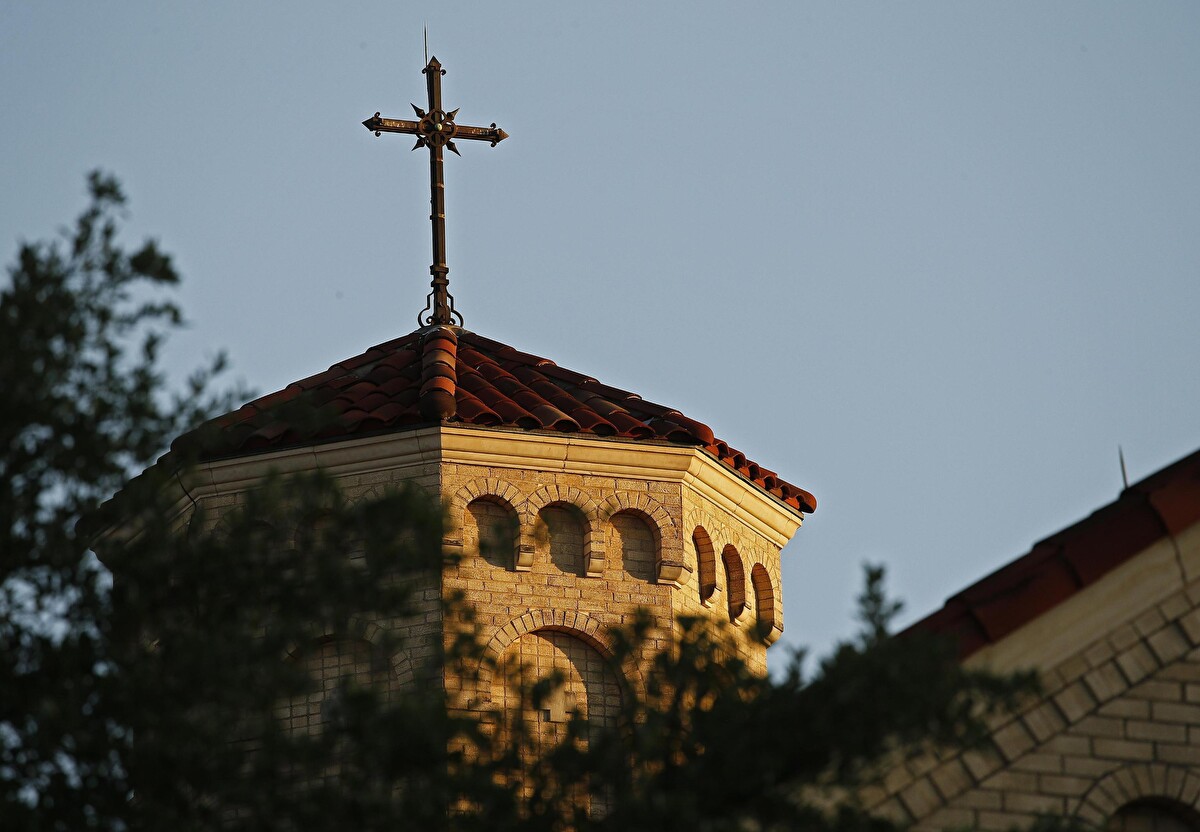NATO allies on Wednesday agreed to a major increase in defense spending, committing for the first time to a binding minimum target of 5% of gross domestic product by 2035. The agreement, reached during a two-day summit in The Hague, more than doubles the previous nonbinding 2% benchmark set in 2014, a target that about one-quarter of members have yet to meet.
Under the plan, detailed in a joint declaration, at least 3.5% of GDP must go directly to military expenditures, including personnel, equipment and operations. The remaining 1.5% will be designated for critical infrastructure, civilian response capabilities, industrial innovation and expanding the defense production base.
The decision reflects mounting pressure over global security threats, including Russia’s war in Ukraine, instability in the Middle East, terrorism in Africa’s Sahel region, as well as persistent calls from the United States, particularly from President Donald Trump, for a more balanced division of NATO’s security burden.
“I’ve been saying this for years: America can’t be the only one paying for Western defense,” Trump said at a closing news conference on Wednesday. “This vote will add over a trillion dollars a year to our shared defense. We’ll call it The Hague Defense Commitment. It’s a win for Europe — and for Western civilization.”
“I came here because I had to,” Trump said. “But I’m leaving here a little different.” He described NATO leaders as “a great group of people” and added, “Almost everyone said, ‘Thank God for the United States.’”
Trump also linked the new spending commitments to the war in Ukraine. “A more responsible Europe will help prevent future disasters like the one with Russia,” he said. “And we hope to solve that situation soon.”
Trump also met for nearly an hour with Ukrainian President Volodymyr Zelensky to discuss a possible ceasefire. “We talked about how to reach a real peace, how to protect our people,” Zelensky wrote on X after the meeting. “I thank the president and the United States for their attention and openness.”
Not all NATO governments embraced the shift. Spain raised concerns about the economic feasibility of the 5% threshold and stopped short of endorsing the full agreement, though it did not formally vote against it. Trump appeared irritated by Spain’s stance and suggested trade penalties could follow.“They want to take advantage of the situation a little,” he said. “But they’ll have to pay us back through commerce.”
Dutch Prime Minister Mark Rutte, who hosted the summit, called the agreement a “quantum leap” for the alliance but noted that the work was only beginning. “We need speed and innovation,” he said. “Today’s decisions will make NATO stronger and fairer. Allies are committed — they believe in this, they’re united on Article 5, and they’re ready to hold the line.”
However, Trump’s arrival comments on NATO’s collective defense clause had raised questions. “There are many definitions of Article 5, you know that,” he told reporters aboard Air Force One. “But I’m committed to being their friend, I’ve bonded with many leaders, and I’m committed to helping them.” Rutte downplayed any ambiguity, saying, “Article 5 is crystal clear. But as always, we’ve never spelled out exactly when it’s triggered.”
Finnish President Alexander Stubb called the summit a “historic moment of rebalancing” for NATO. “More Europe, more cohesion, more strategic sense,” he told CNBC, describing the mood as “cool and composed,” but also marked by “a lot of well-deserved self-congratulation.”
“Europeans have woken up and realized the era of ambiguity is over,” Stubb said. “The Americans are satisfied — and that strengthens cohesion.”
German Defense Minister Johann Wadephul agreed. “NATO remains united,” he said. “Berlin has done its part and is now ready to lead a stronger European defense.”
Starting next spring, each member country must submit an annual plan detailing its path toward meeting the 5% goal by 2035. The process will be incremental but binding. No formal penalties have been established for noncompliance, though Rutte made clear the expectations are firm. “NATO unity,” he said, “will also be measured by how well we meet our financial commitments.”












